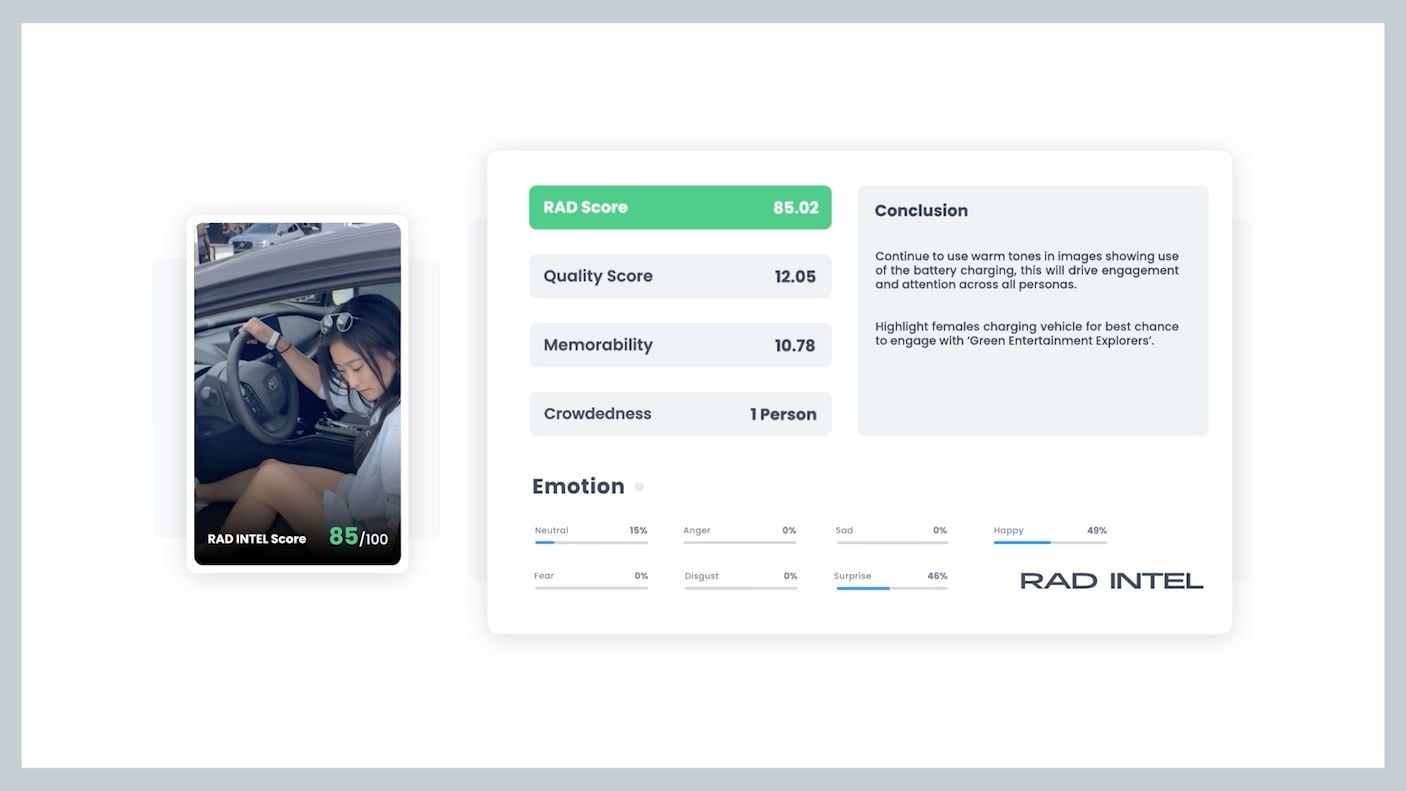From Wall Street to Silicon Valley, these are the top stories that moved markets and had investors, business leaders, and entrepreneurs talking this week on Cheddar.
BOOM GOES BUST
There’s a miss, and then there’s what happened with the April jobs report. Economists were expecting close to one million payrolls added for the month. The reality: just 266,000 jobs added, plus a hefty downward revision for March, from 916,000 to 770,000. The unemployment rate actually ticked up, to 6.1 percent. It’s still too early to know exactly why the expectations were so out of line with the anemic growth, though there are plenty of clues. The enhanced unemployment benefits extended as part of the last stimulus package are clearly keeping some would-be workers on the sidelines, particularly in the service industry. Others say they want to work but have concerns about workplace safety or childcare responsibilities, given that many schools and daycare centers still aren’t operating as normal. Regardless, the miss — one of the widest ever for the monthly employment print — scrambles the narrative that the U.S. economy is entering a phase of supersonic recovery. Making things even more confusing, the S&P 500 hit a new intraday record high in the wake of the disappointing number — a sign that the Fed’s easy money policies continue to prop up equities.
PELOTON RECALL
Peloton was one of the hottest stay-at-home stocks of 2020 as stir-crazy consumers shelled out for the high-end connected fitness equipment. 2021 has been a different story for the company. Shares are down 45 percent year-to-date, partially due to the news this week that Peloton would issue a voluntary recall for all of its treadmills over safety concerns. Regulators asked for a recall weeks ago after several injuries and one death were attributed to children playing on the Tread+ without adult supervision. Peloton CEO John Foley apologized for his initial response to those calls, in which he lashed out at the CPSC, saying the company should have acted sooner. Shares started to recover at the end of the week after Peloton’s quarterly earnings report showed the hit from the treadmill recall was unlikely to be as bad as feared, just $165 million for the current quarter. Revenues for the previous quarter came in at $1.26 billion as demand for the trendy home equipment continued even as more people ventured out of their homes.
VACCINE PATENTS
Shares of Moderna and Pfizer dropped precipitously after the Biden administration said it would back waiving patent protections on COVID vaccines as a way to boost supply to the developing world. Those stocks — as well as those of other pharma companies working on vaccines — got a bit of a bounce after German Chancellor Angela Merkel opposed waiving those patents (the WTO requires unanimous consent of all members for any change to patent rights). Merkel said IP waivers would just cause “severe complications,” while others have noted that dropping patents would be unlikely to help spur vaccine manufacturing capacity anyway, given the difficulties of making the shots at scale that have nothing to do with IP. Both Pfizer and Moderna also reported earnings this week, with Pfizer showing that its COVID vaccine generated $3.5 billion in revenue for the first three months of the year. Moderna had its first profitable quarter ever with revenues of $1.9 billion, compared to just $8 million in the same period last year, driven by sales of its vaccine. Both Pfizer and Moderna say they are applying for full FDA approval.
BERKSHIRE BREAKS NASDAQ
If you’re a Berkshire Hathaway investor and you’ve tried to check the stock price lately, you may have noticed it doesn’t show up on many of the usual finance sites. That’s because the price of one Class A share of Berkshire, the holding company controlled by Warren Buffett, is trading above the top price that some exchanges like Nasdaq were built to handle. The biggest number the Nasdaq systems can compute is $429,496.7295. Berkshire’s A shares currently trade around $435,000 (Nasdaq says it hopes to have a fix for the bug soon). The B shares, meanwhile, are also at a record high, rallying 20 percent YTD. Berkshire reported a blowout quarter with operating income breaking $7 billion and Buffett’s pile of cash growing to $145 billion. The 90-year-old Oracle of Omaha has said he has no plans to step down from atop Berkshire but did confirm the reports this week that he has chosen Greg Abel as his successor. Abel is currently the CEO of Berkshire’s energy division.
UBER EARNINGS
Uber is getting a crash course in what happens when it’s forced to reclassify its drivers as employees. The stock dove 9 percent as the company reported a mixed bag of earnings. On the one hand, Uber dramatically improved its net loss after divesting its money-burning self-driving unit, ATG. Gross bookings hit an all-time high and delivery revenues were up 28 percent. On the other hand, overall revenues plunged 41 percent year-over-year on a $600 million hit due to the reclassification of its UK-based drivers, forced by a court ruling in that country. Uber says it still expects to be profitable by the end of 2021 on an adjusted EBITDA basis.












